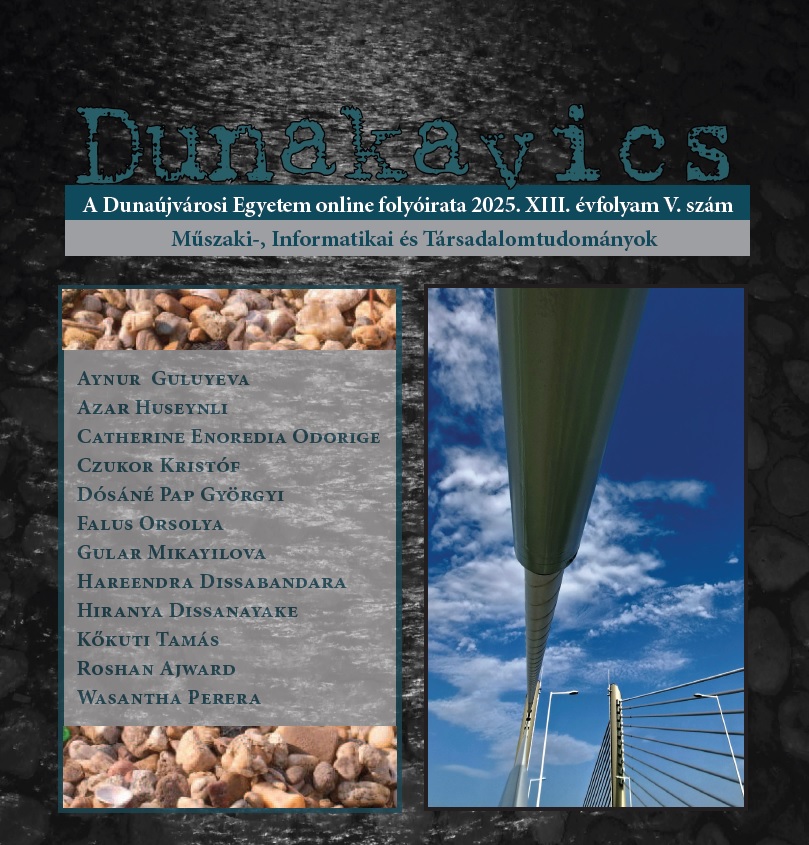Corporate sustainability: a comparative analysis of pre- and post-COVID–19 practices in Sri Lanka
Absztrakt
A COVID–19-világjárvány zavart idézett elő a vállalati fenntarthatósági gyakorlatokban, és arra kényszerítette a vállalkozásokat, hogy újraértékeljék környezeti, társadalmi és gazdasági felelősségüket. A jelen tanulmány e három terület gyakorlatának elemzésével értékeli a COVID–19 hatását a Srí Lanka-i vállalati fenntarthatóságra a Corporate Sustainability Index (CSI) segítségével. Egy 160 tőzsdén jegyzett és nem jegyzett vállalatból álló mintát választottak ki kényelmi mintavételezéssel, és páros mintás teszteket alkalmaztak a pandémia előtti és utáni jelentős változások azonosítására. Az eredmények azt mutatják, hogy a környezetvédelmi kezdeményezések – például az éghajlatváltozás mérséklésére irányuló erőfeszítések csökkenése és a zöld energia bevezetése – jelentős visszaesést mutatnak az erőforrások korlátai miatt. A társadalmi mutatók vegyes eredményeket prezentáltak, a munkahelyi rugalmasság csökkenését, azonban figyelemre méltó a nem kormányzati szervezetekkel (NGO) való együttműködés fokozódása. A gazdasági fenntarthatóság kihívásokkal szembesült, amit a márkaérték csökkenése és a fenntarthatósági kezdeményezésekbe történő pénzügyi befektetések bizonyítása is mutat. Az eredmények rávilágítanak arra, hogy a vállalkozásoknak olyan alkalmazkodó és rugalmas stratégiákat kell alkalmazni, amelyek egyensúlyt teremtenek az azonnali fellendülés és a hosszú távú fenntarthatósági célok között. A tanulmány kiemeli az érdekelt felek bevonásának, a rendszerszintű rugalmasságnak és az innovatív megoldások vállalati fenntarthatósági keretekbe történő integrálásának fontosságát. Az ajánlások között szerepel a köz- és a magánszféra közötti partnerségek előmozdítása, a technológia kiaknázása, valamint a fenntartható gyakorlatokba való befektetések előtérbe helyezése. Ezek a betekintések értékes útmutatást adnak azoknak a vállalkozásoknak, amelyek a COVID utáni kihívások között navigálnak olyan fejlődő országok gazdaságaiban, mint Srí Lanka.




